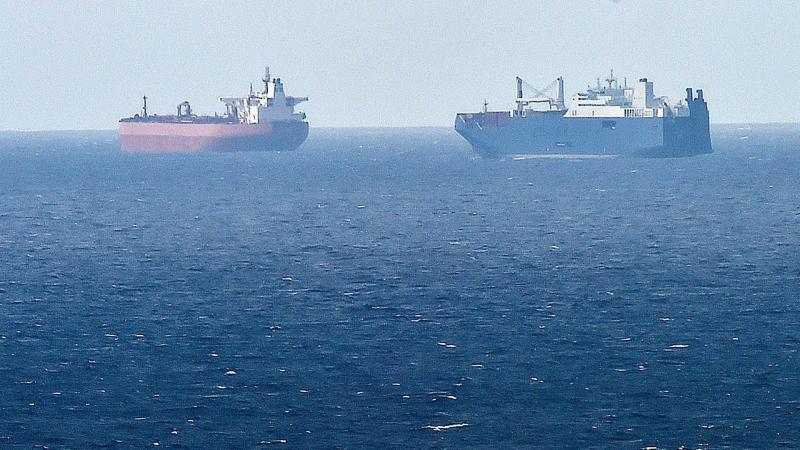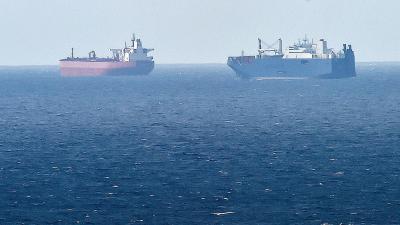Data from London and Kepler ship tracking groups show that two oil tankers have returned to the Red Sea via the Bab el-Mandeb Strait after altering their routes, although global shipping and trade disturbances persist due to regional tensions. The return of the tankers comes about a week after the United States and the United Kingdom conducted airstrikes on Houthi positions in Yemen in response to attacks by the armed group on commercial shipping since November.
Most vessels continued to cross the Red Sea until the strikes, despite Houthi attacks, but more ships have been diverting their routes due to rising tensions. It remains unclear what prompted the return of the tankers, but some analysts suggested that ships wanting to continue using the Red Sea route might exploit market fears in other ways. Alberto Ayuso Martin, head of research at Medco, a ship brokerage based in Spain, stated, "Some tanker owners might be willing to pass through the Red Sea if the (shipping) cost is right."
Mary Milton from Fortexa Analytics noted that total oil tanker traffic through Bab el-Mandeb decreased by 58% from the average for 2023 between January 13 and 17, following a 38% drop from January 6 to 10 before the strikes. Milton added that "clean" fuel tankers, such as diesel and jet fuel, have been more severely impacted than those carrying crude oil and residual fuel known as "dirty" fuel due to its high toxicity.
The tankers Jamsonoro, flying the Indonesian flag, and Free Spirit, flying the Marshall Islands flag, both Aframax class, passed through Bab el-Mandeb on January 17 after diverting their routes away from the Red Sea. Data indicates that the tankers are carrying heavy fuel, with Fujairah, UAE, being the latest port of call. The identities of the cargo owners and their destinations remain unknown, but the tankers signaled Saudi ports on the Red Sea last week.
Amin Nasser, CEO of Saudi Aramco, stated that the company can avoid Bab el-Mandeb thanks to a pipeline linking oil facilities in the east of the kingdom to its western coast, adding that it might be necessary to reroute petroleum product exports. Reuters observed at least 22 other oil tankers have changed or halted their routes since a warning issued by the US-led Combined Maritime Forces in Bahrain for ships to avoid Bab el-Mandeb for several days.
Fifteen oil tankers have taken the longer route around the Cape of Good Hope in both directions, which could add three weeks to travel times between Asia and Europe. Seven other tankers remain in the Gulf of Aden or the northern part of the Red Sea.




